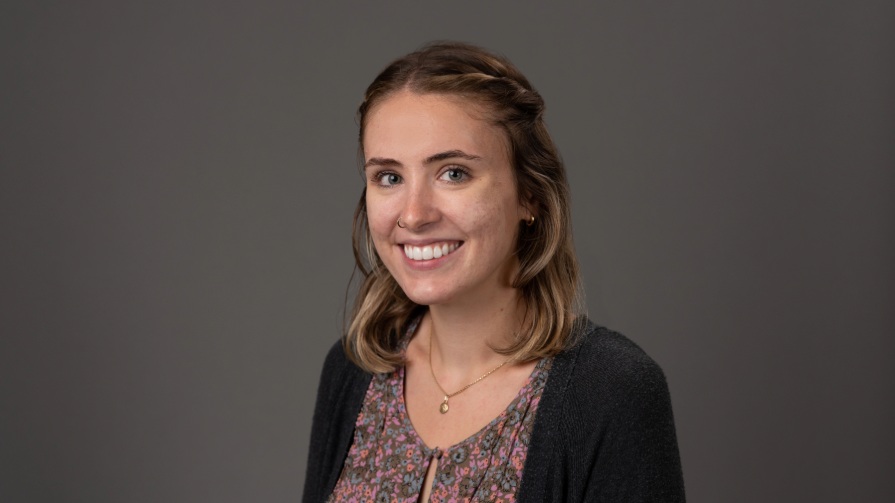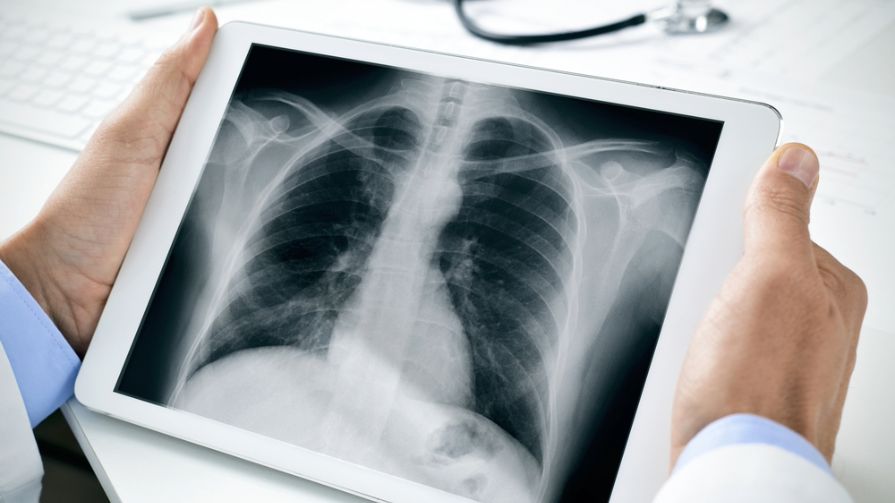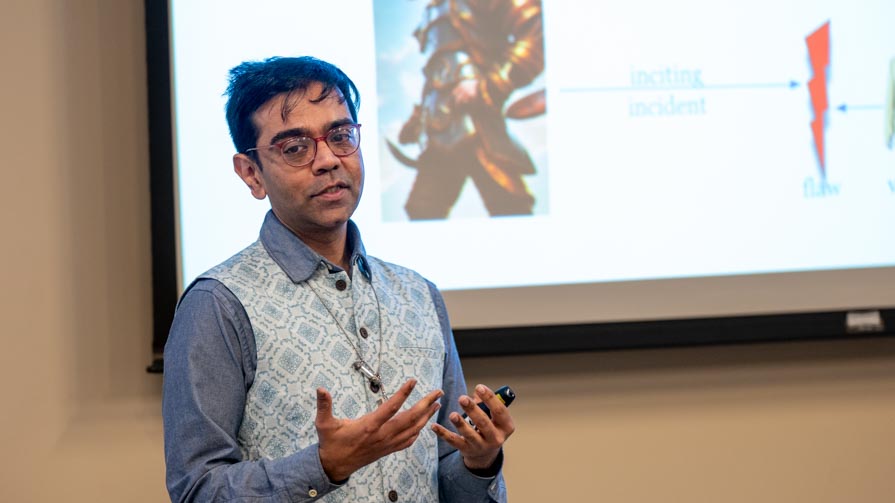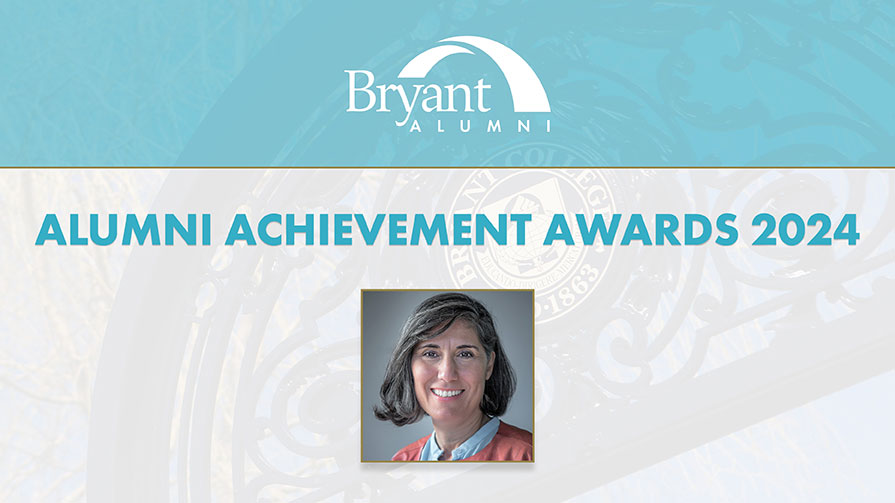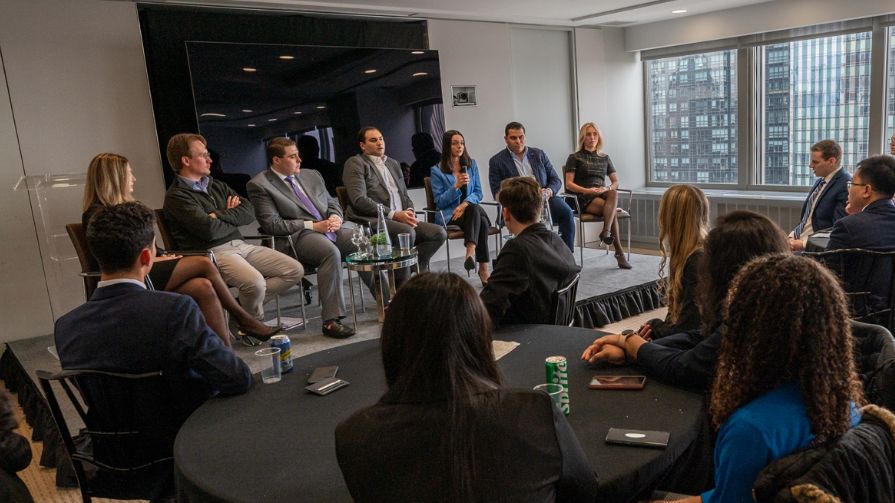For the students in Bryant’s Honors Program, the Honors thesis is often the biggest project they have ever undertaken – and may well be among their greatest research achievements. Known for their rigor, the research projects conducted on a topic of the student’s choosing test every element of their education, from project management, to researching and analyzing key data, to presenting and often publishing scholarly information. This year, students were forced to face an unexpected obstacle – adjusting to a worldwide pandemic.
As the students finalized projects that represent over a year of intensive work, a shift to online learning meant engaging with their projects and each other in a new way. From adapting to new technologies to re-imagining work strategies, they persevered, innovated, and drew strength from one another.
For Accounting and Management student Allyson McCorison ’20, who is studying how belief systems and sources of motivation affect athletic performance, it was a situation that, in some ways, they’d been preparing for their entire college careers. “As a group, we’re pretty driven to work hard and get things done,” she says. “I’m proud of my work, and that I was able to accomplish this under challenging circumstances.”
A community of scholars
As it became clear that the response to COVID-19 would disrupt on-campus learning, the Honors Program’s leaders quickly began to reach out to Honors students, working to ensure they had every available resource at their disposal.
“All of the seniors working on their projects are going through this together. ...We’re all working on our individual projects, but we’re all willing to help out."
“One thing that the COVID-19 crisis has reconfirmed for us is that we all need to be attentive to each other, especially in difficult times,” says Senior Communication Lecturer and Associate Director of the Honors Program Susan Baran. She notes that work from home under social distancing conditions has changed the circumstances of students’ lives as well as their academics. “It was important to us to make sure that we’re not just communicating with the students about the practical or logistical issues related to the their thesis projects, but also checking in on their well-being, and making sure they're OK during this transition.”
“What we stress to students from the very start is that we are a community of scholars,” notes Edinaldo Tebaldi, Ph.D., Professor of Economics and Director of the Honors Program. From mentors to students to faculty, “we are, all of us ... working together as a community of support.”
That sense of community makes working in challenging and uncertain times easier, says McCorison. “All of the seniors working on their projects are going through this together,” she says. “They know what you’re working on and what you’re going through. We’re all working on our individual projects, but we’re all willing to help out each other."
“Adapting has definitely been a challenge, but what’s made it easier is that we still can have this face-to-face, one-on-one interaction.”
Good advice – and advisors
The close connections the students built with their thesis advisors also helped them better adjust to these unforeseen circumstances. Marissa Grasso ’20 keeps in regular contact with her mentor, Professor of Communication Stanley Baran, Ph.D., via Zoom, and he’s helped her with everything from finalizing her results to staying motivated. “Adapting has definitely been a challenge, but what’s made it easier is that we still can have this face-to-face, one-on-one interaction,” says Grasso, praising her mentor’s flexibility and dedication.
“The students in the Honors Program are very smart and because they’re smart, they have a lot of questions,” explains Stanley Baran, who leads the faculty in advisees, overseeing ten Honors projects since 2015. “A big part of the thesis process is finding a faculty member who can help them take their interests and expand them into something more meaningful.”
“Student’s consistently tell us that the rapport they build with their advisors is one of the best and most important parts of the thesis process,” says Susan Baran. “It’s no different this year.”
“The Honors practice presentations are an opportunity for representatives of many disciplines to get together and perhaps come up with new ways of thinking about research issues."
A range of feedback
To prepare for their thesis presentations, students practiced via Zoom in front of an audience of professors attending from their homes. More than 50 faculty members, representing both the College of Business and College of Arts and Sciences, as well as nearly every department, attended the sessions and offered important advice. Afterward, students were able to review a recording of their practice sessions to see what they did well and where they might improve.
The practice sessions “give students a boost of confidence and provides an opportunity to share feedback and suggestions that ultimately improve students' work,” says Tebaldi. “That's a very important part in the uncertain situation that they're faced with.”
The sessions also offer transdisciplinary opportunities to "come up with new ways of thinking about research issues, he said.
“It was good to get input from a variety of people, not just professors in my subject area,” says McCorison, who received advice on everything from research methodology to the order of slides in her presentation.
“These presentations are more than a chance for students to present their findings. They are a celebration of academic achievement."
The final presentations
The final Honors presentations were also made available to the broader Bryant community via Zoom and were well-attended by students, faculty, administrators, and others. “Presenting is a big part of the thesis process,” McCorison notes. “I’ve been looking forward to sharing my work with my friends and professors and saying ‘This is what I’ve done.’”
At a time like this, Tebaldi notes, it’s more important than ever that a community gathers to support the impressive work being done. “These presentations are more than a chance for students to present their findings,” he says. “They are a celebration of academic achievement. Every one of these students has chosen to pursue academic excellence, and through these showcases we honor that.”
The Douglas and Judith Krupp Library's Digital Commons contains an archive of previous Honors Program thesis projects.

